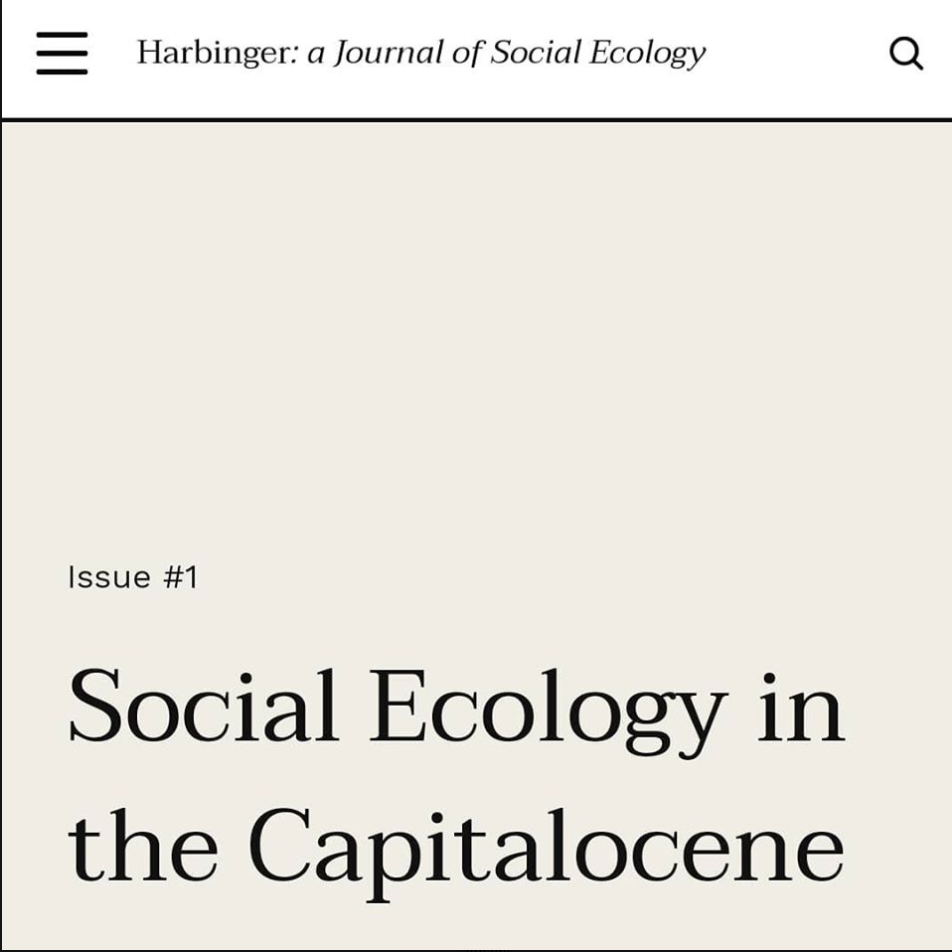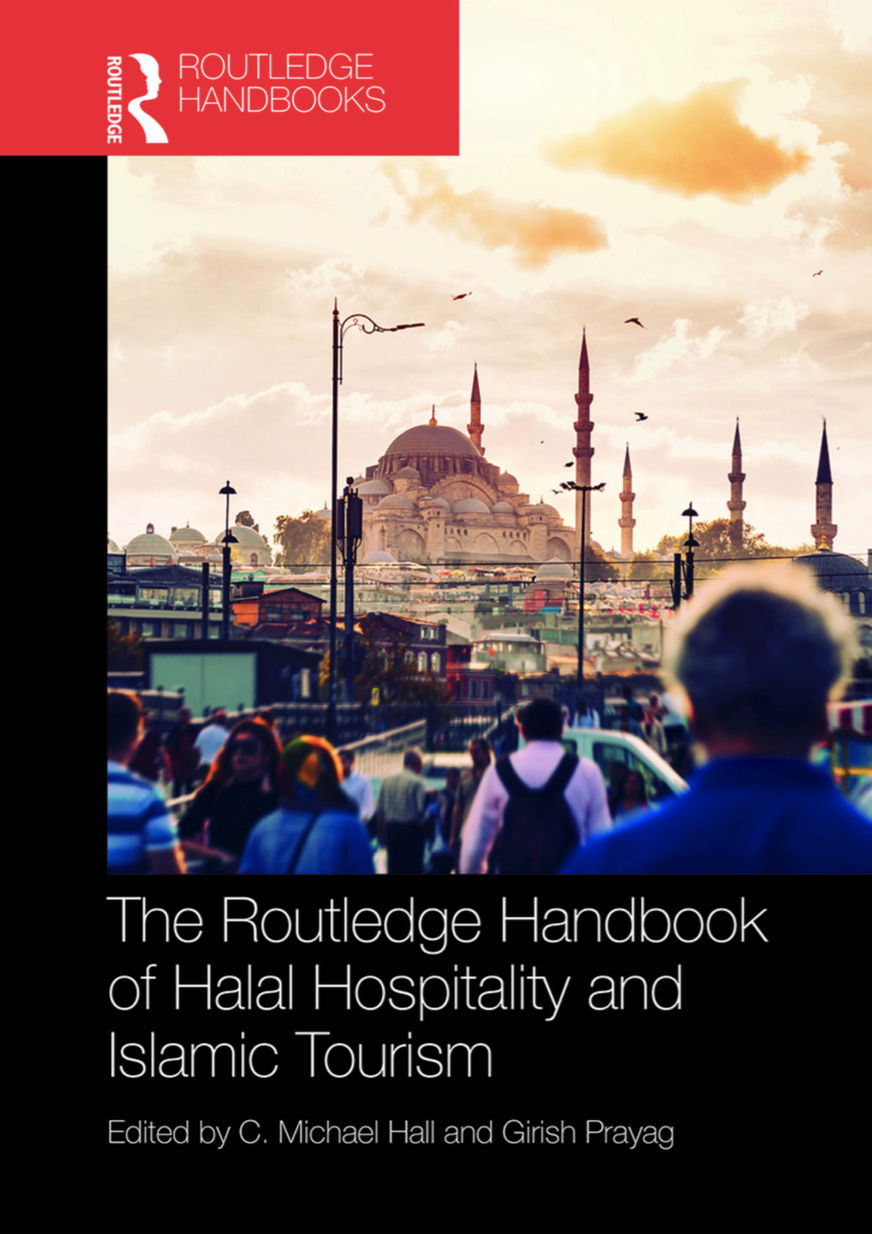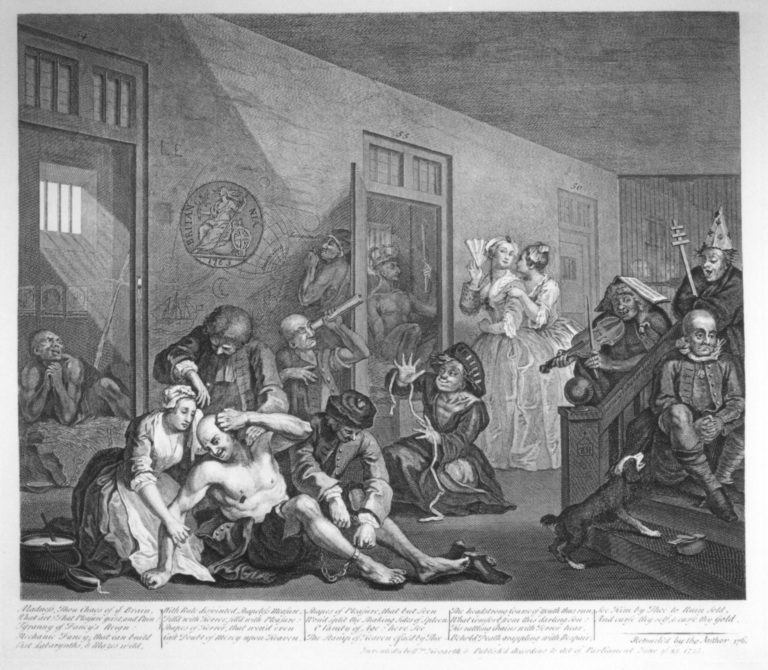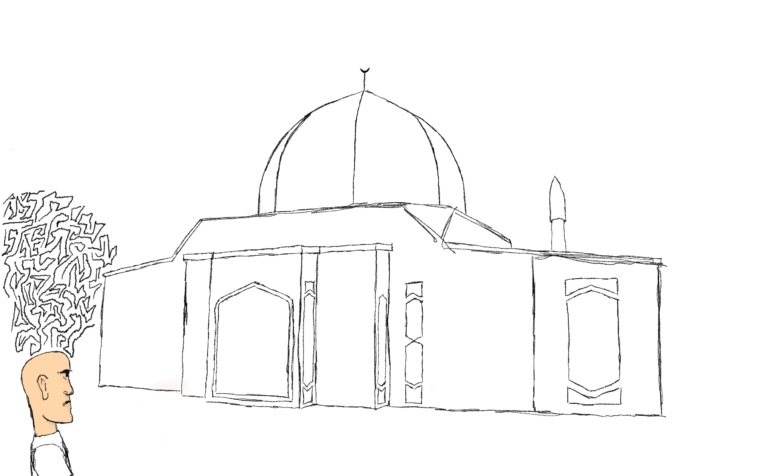Debney, B. (2019). Halal Certification Uproar: The Muslim Scapegoat as National Safety Valve. In C. M. Hall, The Routledge Handbook of Halal Hospitality and Islamic Tourism. Routledge.
Halal food certification is a service provided by Islamic religious authorities to food manufacturers to certify that their processes and products meet the dietary and customary standards required by observant Muslims. As such it forms part of a dynamic, multicultural and pluralistic Australian society. In recent times however, halal certification has come to be set against ‘the Australian way of life’ by some who seek to exclude Islam and reassert the supremacy of Anglo-Saxon, settler colonialist monoculture. While those responsible for this ugly reaction deny their bigotry, this paper argues that their xenophobia and Islamophobia is typical of what US historian Frank Van Nuys calls the ‘national safety valve’ of popular racism as a scapegoating mechanism. To that end it focuses on the development of the anti-Halal movement in the lead-up to the 2015 Senate inquiry, assessing it within the context of widening social inequality. It explores the utility of a polarized public sphere for elites in terms of the opportunities afforded them for demonizing, Othering and silencing the voices of Muslim Australians, before scapegoating them for the socially unjust consequences of neoliberal policies for which they are responsible, but do not feel it convenient to be accountable.
https://www.academia.edu/39562628/Halal_Certification_Uproar_The_Muslim_Scapegoat_as_National_Safety_Valve





